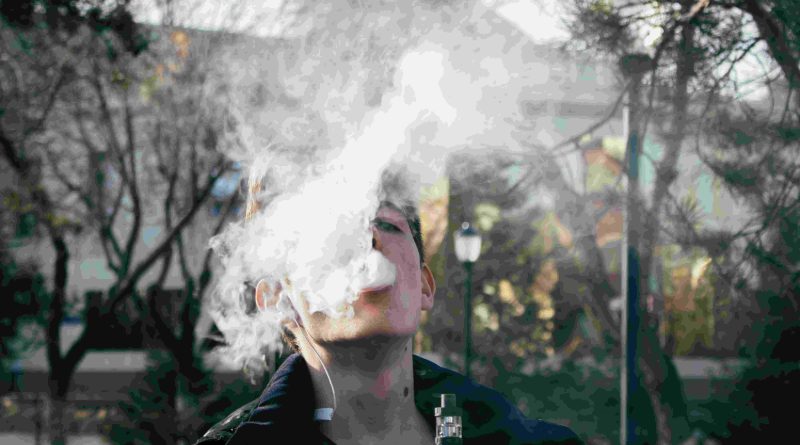US FDA Restricts Vuse Alto: BAT Faces Setback in Vaping Market
In a significant development, the United States Food and Drug Administration (FDA) has made a bold move, blocking certain flavors associated with British American Tobacco’s (BAT) flagship vape brand, Vuse Alto. This action by the FDA, aimed at safeguarding the health of American consumers, has raised eyebrows within the tobacco and vaping industry. Let’s delve into the details of this latest move and its potential implications for BAT’s vaping business.
FDA’s Stance on Flavored Vaping Products
The FDA’s decision comes after a rigorous evaluation of evidence submitted by R.J. Reynolds, a subsidiary of BAT. The key point of contention was whether menthol- and mixed-berry-flavored vaping products offered any substantial benefits to adult smokers when compared to traditional tobacco-flavored alternatives. The FDA concluded that the evidence failed to establish such benefits, particularly when weighed against the known risks posed to youth.
The Flavors Facing Restriction
The FDA’s marketing denial orders (MDOs) have resulted in the restriction of six flavors from Vuse Alto, a brand that plays a pivotal role in BAT’s vaping portfolio. These six flavors comprise three menthol-flavored and three mixed berry-flavored e-cigarette products, each available in three different nicotine strengths. Among these, the menthol flavor stands out as a significant component of BAT’s sales.
BAT’s Response to the FDA’s Decision
Unsurprisingly, BAT, through its subsidiary R.J. Reynolds, expressed its intention to challenge the FDA’s denials and immediately seek a stay of enforcement specifically for the menthol flavor. This response indicates BAT’s determination to protect its market share and maintain its position in the highly competitive vaping market.
Potential for Reapplication
The FDA’s decision does not entirely close the door for these flavors. Companies, including BAT, may choose to submit new applications for these products subject to MDOs. This avenue offers a glimmer of hope for tobacco companies seeking to reintroduce these flavors to the market.
Historical Precedents in FDA Challenges
In the past, numerous companies have contested FDA decisions, and some have experienced a degree of success. A notable example is a subsidiary of Imperial Brands, which disputed the FDA’s ban on both flavored and unflavored vape products. An important takeaway here is that the U.S. appeals court agreed that the unflavored products deserved a fresh evaluation by the FDA.
Vuse Alto’s Significance for BAT
Vuse Alto holds a crucial position in BAT’s vaping business within the United States. Notably, menthol flavors constitute approximately 75% of the brand’s sales, as reported by Jefferies. This underscores the significance of the menthol flavor to BAT’s overall performance in the American vaping market.
Analyst Insights
Owen Bennett, an analyst at Jefferies, weighed in on the situation. He noted that BAT might have a reasonable chance of securing a stay of enforcement, which could potentially prevent the menthol flavor from being removed from the market. The battle is far from over, and the outcome will undoubtedly have profound implications for both BAT and the vaping industry.
Market Impact on BAT
BAT’s foray into the U.S. vaping market was not a straightforward one. In 2017, the company acquired R.J. Reynolds for a significant $49.4 billion. This strategic move allowed BAT to re-enter the U.S. market, which had been highly regulated and elusive since 2004. The recent FDA action could impact BAT’s fortunes in the American vaping market, which is further compounded by the rise in disposable vape products that have eroded the company’s market share. Notably, BAT’s U.S. vape volumes experienced a 6.5% decline in the first half of 2023, indicating the challenging environment it faces.
Conclusion
The FDA’s decision to restrict specific flavors of Vuse Alto, a flagship brand by BAT, has far-reaching implications for both the company and the vaping industry. BAT’s determination to challenge the FDA’s decision, the potential for reapplication, and historical precedents in FDA challenges all add layers of complexity to this ongoing battle. The outcome will undoubtedly shape the future of vaping in the United States and could influence the strategies of other tobacco companies operating in this space.

